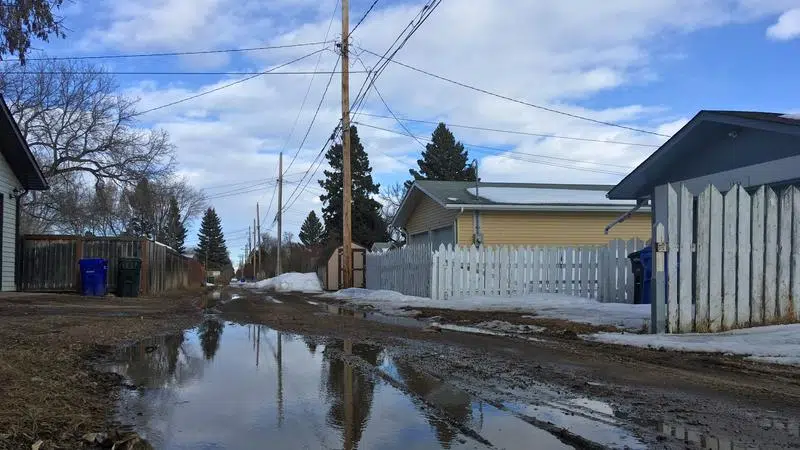
PAGC calls for pause on passage of back alley bylaw
Prince Albert Grand Council (PAGC) is calling on city council to put the passage of their controversial alley curfew bylaw on hold until they can be consulted. In a reversal of an earlier position, PAGC expressed concern the curfew would lead to discrimination and racial profiling and asked the city to instead work with them on alternative strategies to address the root causes of crime.
“I certainly commend the city for trying to address issues of break-ins,” Grand Chief Brian Hardlotte told paNOW. “But after closer examination, I don’t think this is the answer.”
The proposed bylaw is up for three readings and final approval at Monday night’s city council meeting. If passed, the bylaw would mean anyone found in alleys between 12 a.m. and 6 a.m. could be questioned by police and face a fine of $500-$5,000.
While the majority of city council has been adamant in their support of the curfew as a necessary tool for fighting property crime, critics have consistently raised concerns it would lead to racial profiling, while having no effect on crime.


